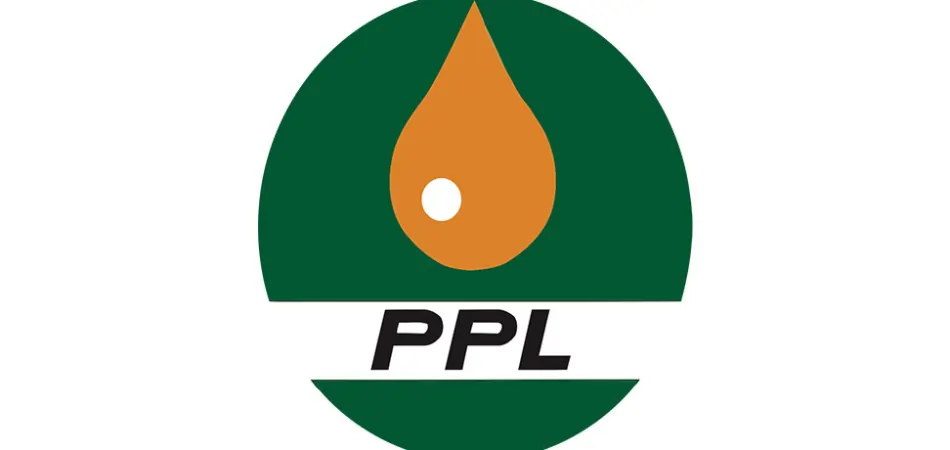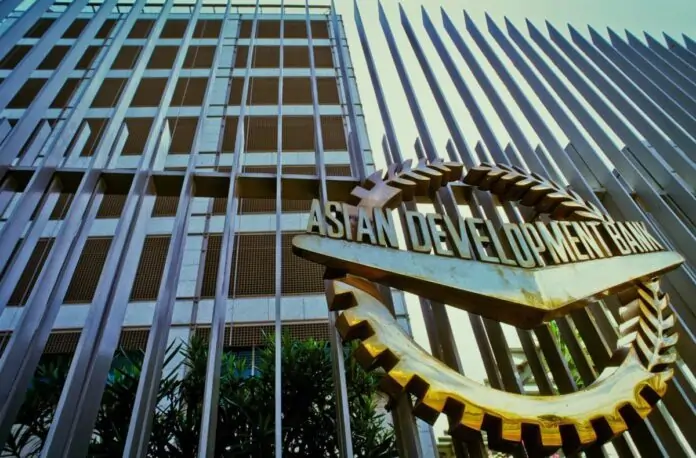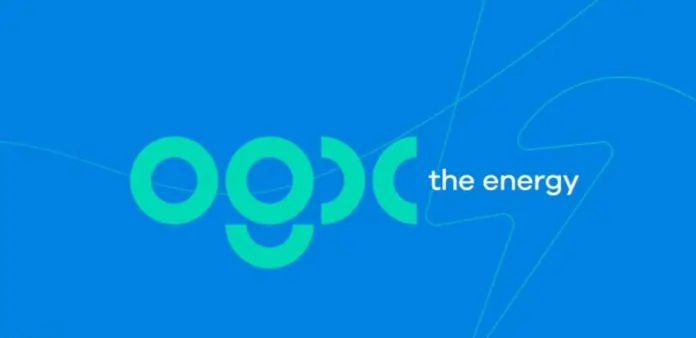In Pakistan’s rapidly growing digital economy, businesses are modernizing faster than ever. From banks and e-commerce platforms to startups and government organizations, nearly every operation now depends on digital connectivity. The promise of digital transformation greater efficiency, wider reach, and new revenue streams is irresistible. Yet, alongside this progress, a growing wave of cyber threats shadows every connected system. For today’s enterprises, network security is no longer an IT afterthought; it’s the foundation of trust, growth, and sustainability.
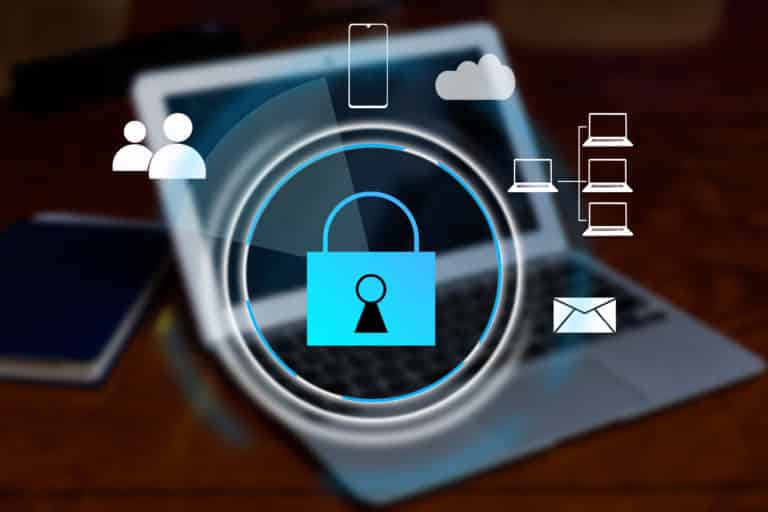
In recent years, Pakistan has witnessed an alarming rise in cyberattacks. Financial institutions, online retailers, and even education systems have suffered from serious breaches and ransomware incidents. These are not distant global cases they’re happening right here, within our national ecosystem. As companies increasingly adopt cloud computing, remote work environments, and online transactions, the number of potential entry points for cybercriminals has multiplied. A single weak password, outdated software, or unsecured network can lead to massive data leaks, operational shutdowns, and irreparable reputational damage.
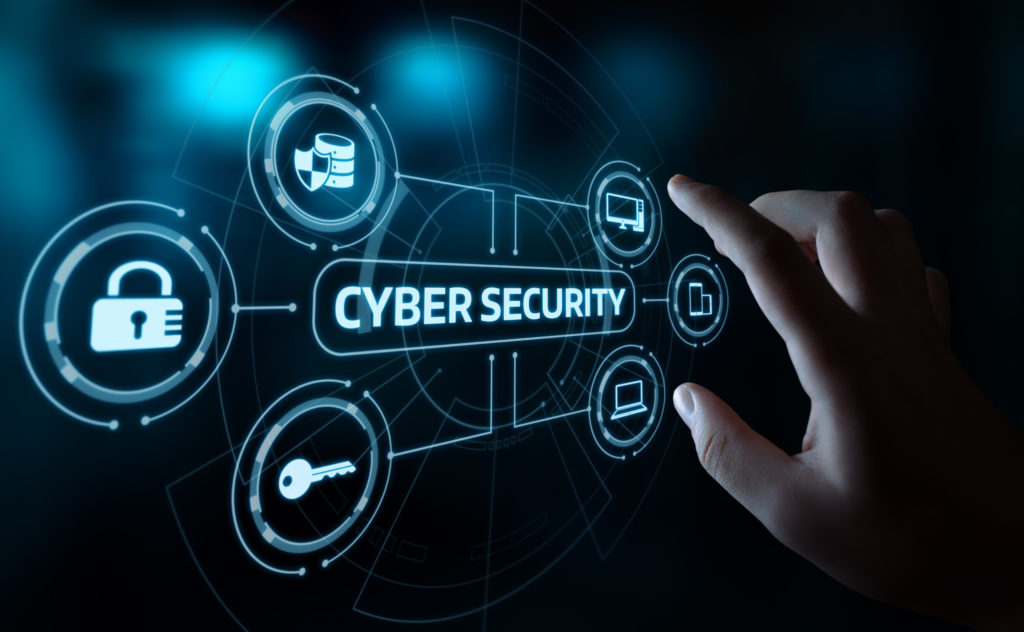
The real cost of insecurity stretches far beyond financial loss. A single cyber breach can paralyze operations for days or weeks, disrupting supply chains and customer service. Restoring systems, paying legal fees, and regaining customer trust can cost millions. However, what’s most damaging is the erosion of confidence. Customers today are more informed than ever about cybersecurity; they expect their personal and financial information to be handled with strict data protection. Once that trust is lost, even the best recovery plans struggle to rebuild credibility.
For Pakistani enterprises, the time has come to move from a reactive to a proactive approach. Traditional defenses like antivirus software and basic firewalls are no longer enough. Businesses must adopt a holistic IT security solution that continuously monitors, detects, and prevents threats before they strike. One of the most effective frameworks gaining traction globally and increasingly in Pakistan is the Zero Trust Architecture (ZTA). The principle behind Zero Trust is simple yet powerful: “Never trust, always verify.” Every user, device, and connection internal or external must continuously prove their legitimacy. This approach prevents attackers from exploiting internal systems even if they gain access to one layer of the network.
Equally essential is network segmentation, a strategy that divides a company’s digital infrastructure into smaller, secure sections. If one segment is compromised, the threat cannot spread freely across the entire network. Think of it as watertight compartments in a ship if one area floods, the rest remain safe. Alongside this, enterprises should deploy real-time threat intelligence solutions that use AI and machine learning to detect unusual behavior and stop threats like ransomware or zero day attacks before they cause harm.
While advanced technology strengthens protection, it’s crucial to acknowledge that the human factor remains both the strongest defense and the weakest link. In Pakistan, like elsewhere, many cyber incidents begin with human error a careless click on a phishing email, sharing of login credentials, or connecting through unsecured Wi-Fi. This is why employee awareness and training are now critical pillars of data protection. Cybersecurity is not just a technical issue; it’s a people issue.
Every employee, from executives to interns, must understand their role in maintaining business data safety. Simple actions like using strong passwords, recognizing phishing attempts, and following secure data-handling practices can prevent catastrophic breaches. Building a culture of cybersecurity awareness transforms security from an IT policy into an organizational habit. Leadership must set the tone, emphasizing that cybersecurity is everyone’s responsibility. Regular workshops, phishing simulations, and open communication channels can embed security consciousness into the workplace culture, making every team member a vital part of the company’s defense network.
But network security isn’t just about preventing losses it’s about enabling growth. A well secured enterprise operates with confidence, knowing its data, clients, and operations are safe. This confidence allows companies to innovate freely, adopt advanced technologies like IoT and cloud computing, and collaborate globally without fear. In contrast, organizations that neglect cybersecurity limit their own potential. They operate under constant risk, constrained by outdated systems and fear of exposure.
As Pakistan continues its digital transformation, investing in robust IT security solutions has become an economic imperative. Companies that prioritize cybersecurity are building not only safer systems but stronger brands. Secure operations enhance reputation, attract partnerships, and drive customer loyalty. They also support national progress because in a digital economy, every secure business contributes to a stronger, more resilient Pakistan.
At this crucial stage, many organizations are choosing to work with trusted local technology partners who understand both the global standards and Pakistan’s business landscape. Companies like Comtech Associates are empowering enterprises with comprehensive networking and security solutions, data center and infrastructure services, and dedicated after-sales support. Through these end-to-end IT services, businesses can enhance their operational resilience and safeguard sensitive data without disrupting daily workflows.
Ultimately, the importance of network security for businesses lies in its ability to turn uncertainty into assurance. Enterprises that take cybersecurity seriously are not just protecting their data they are protecting their legacy, their employees, and the trust of their customers. In today’s connected world, a single vulnerability can undo years of progress, but a single proactive decision can safeguard the future.
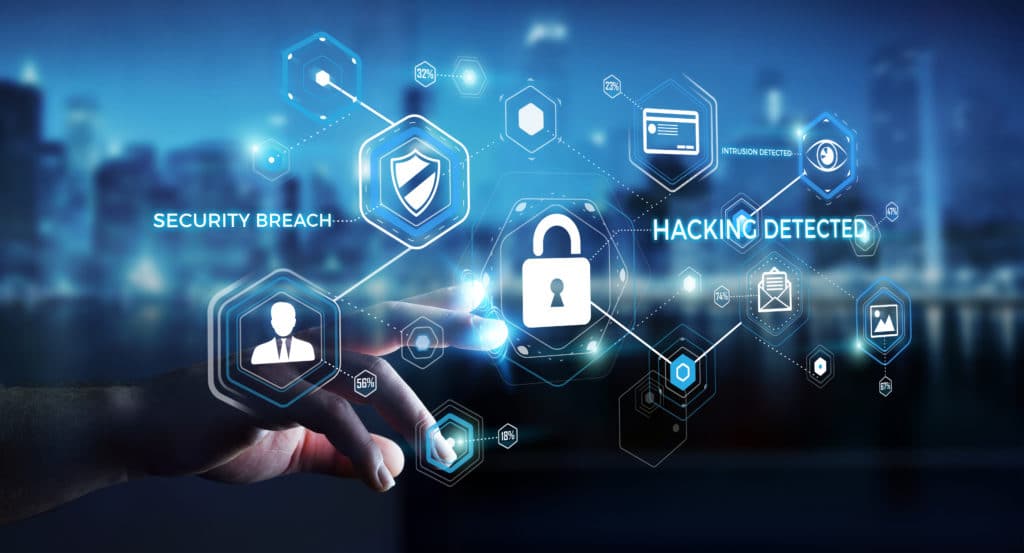
Pakistan’s enterprises stand at a turning point. The question is no longer whether they can afford cybersecurity it’s whether they can afford to operate without it. Because in 2025 and beyond, the true measure of a company’s strength won’t just be its profits or innovation it will be its ability to protect, adapt and thrive securely in the digital age.



